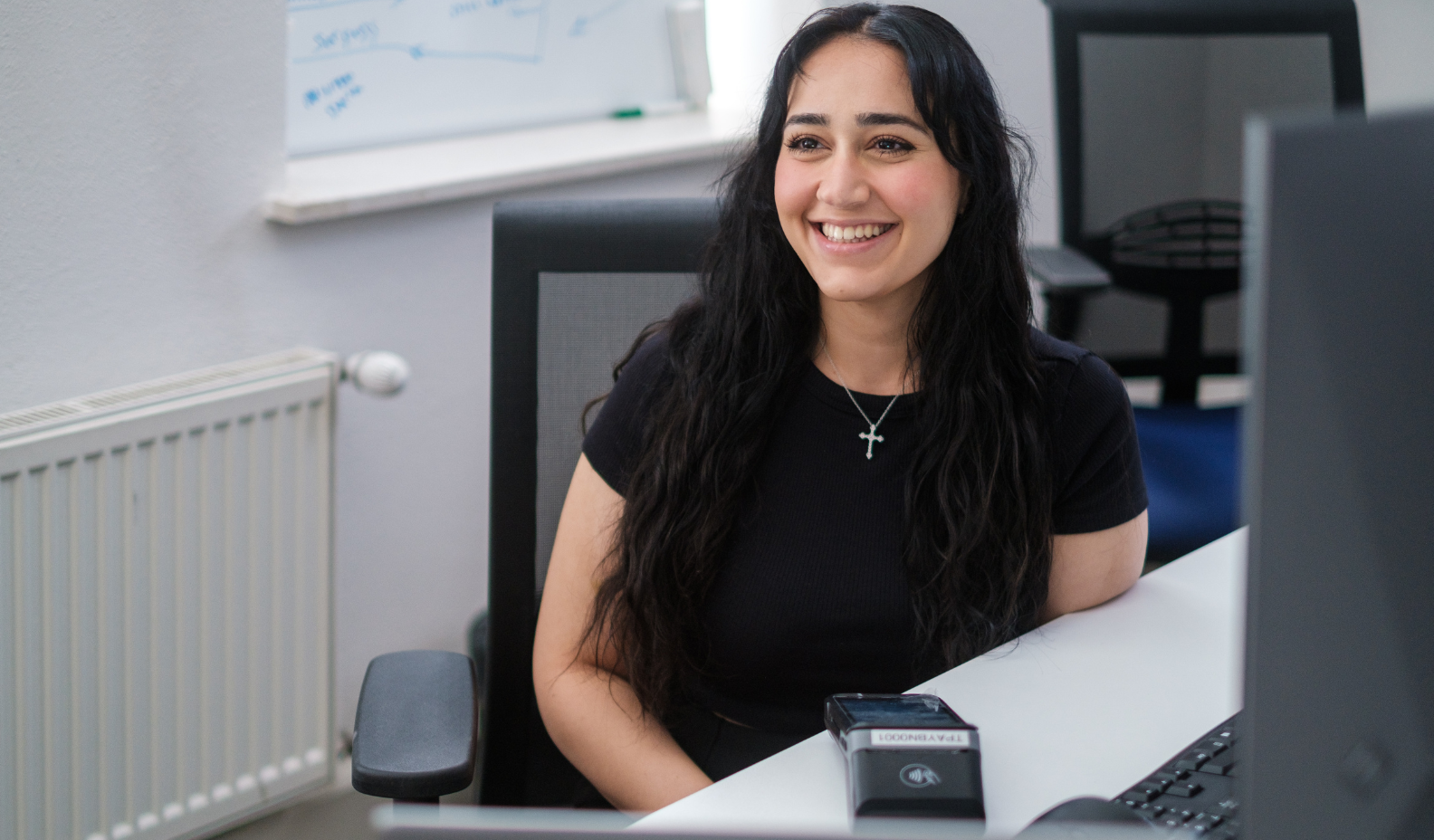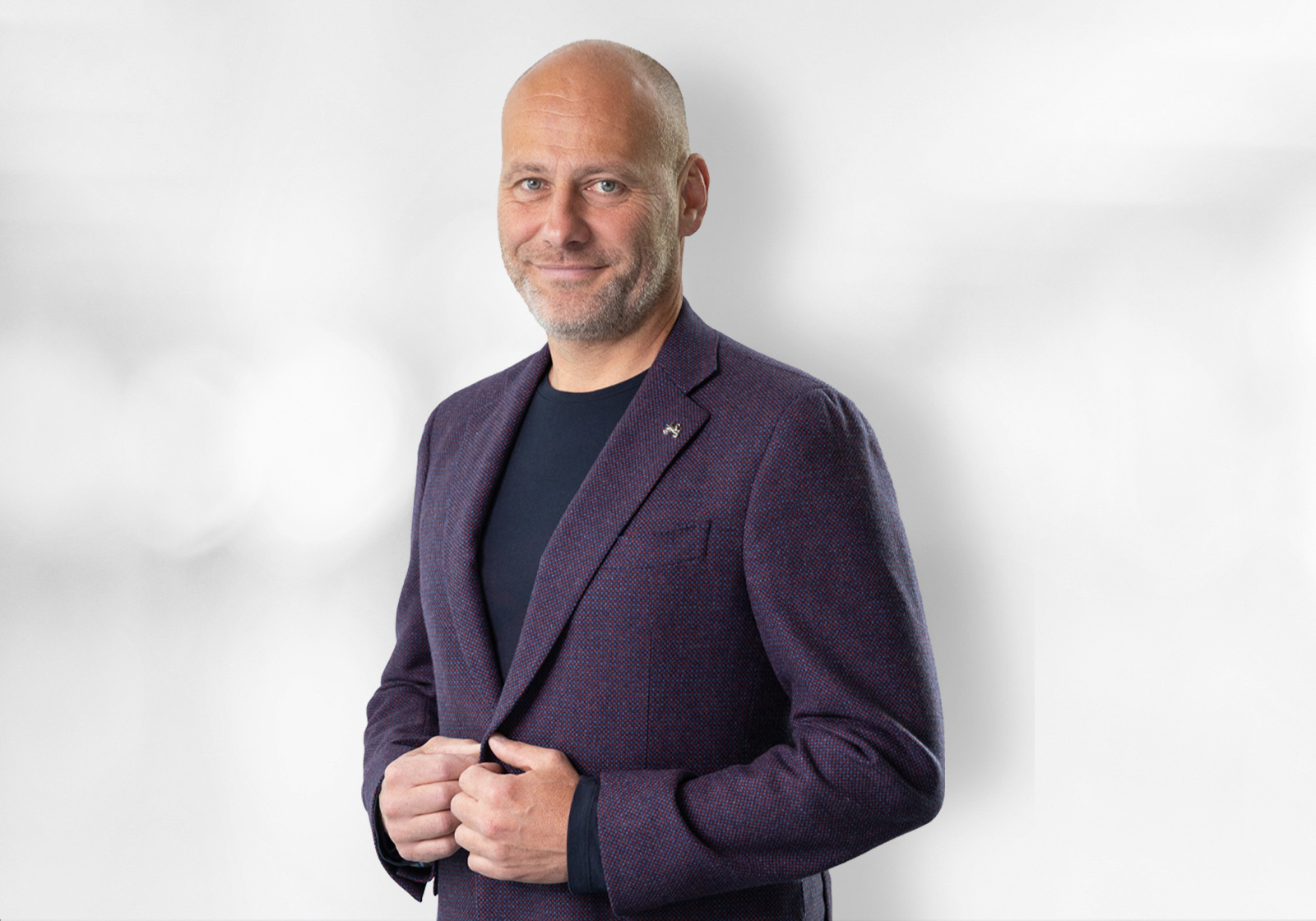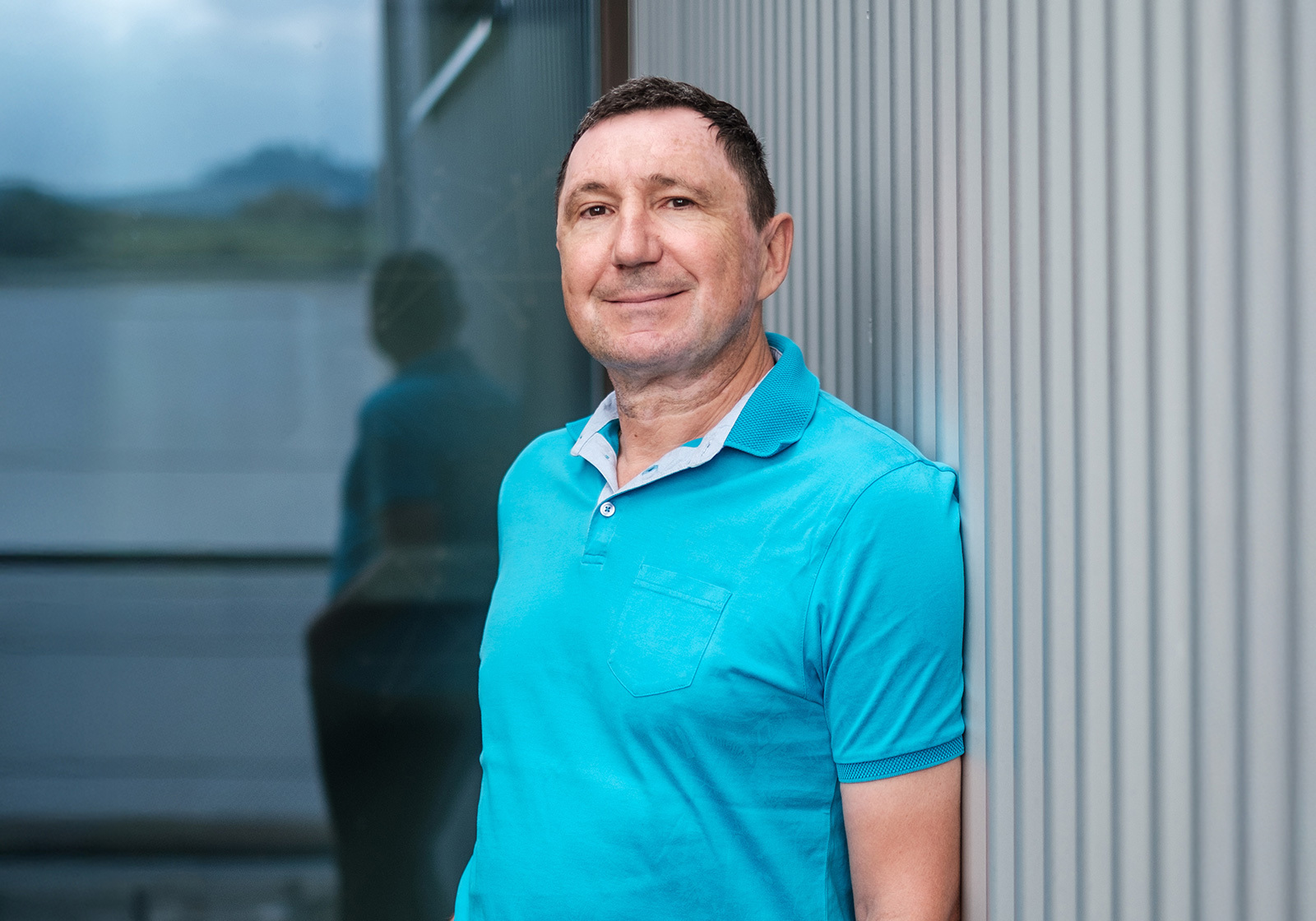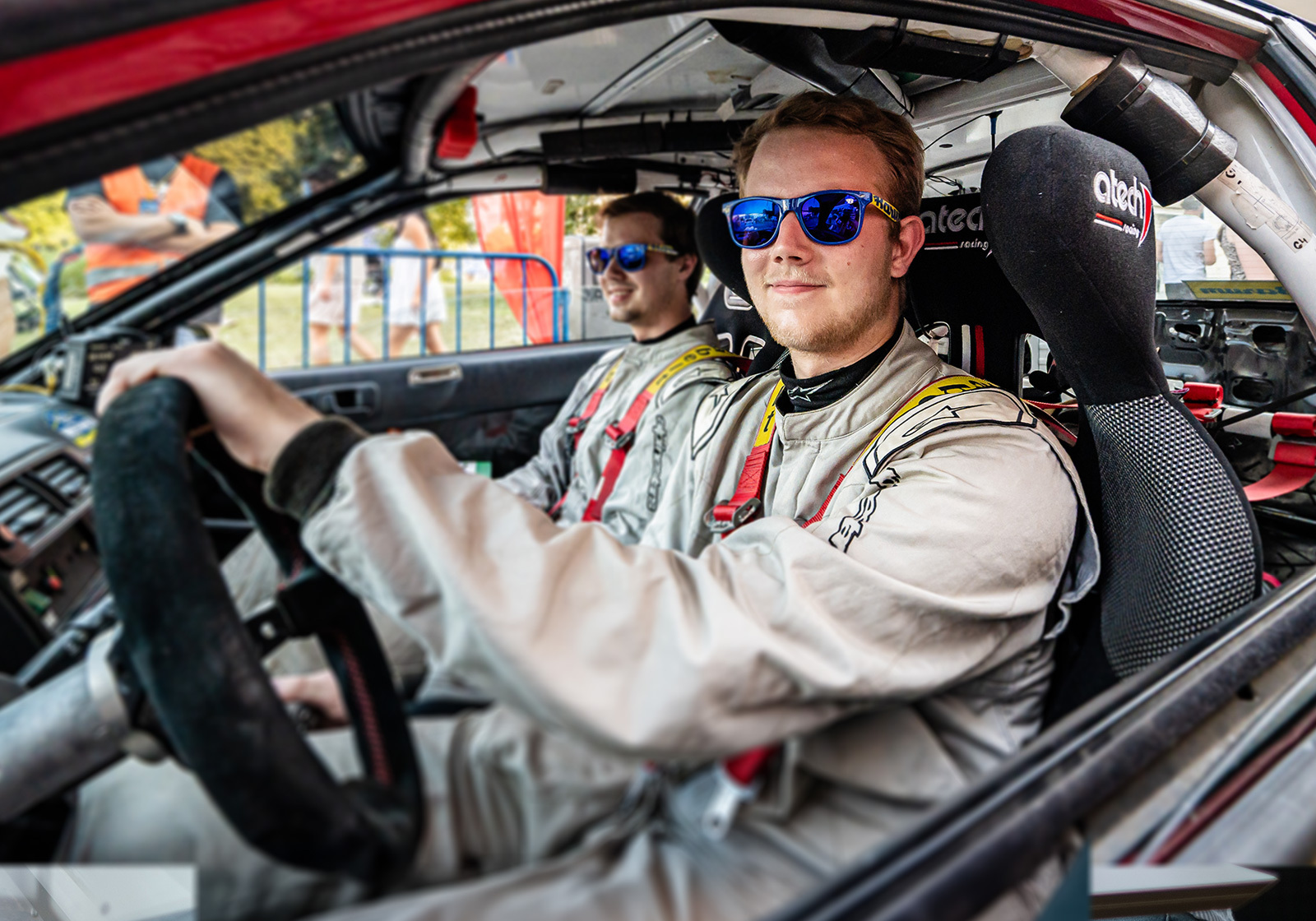Eliza how did your journey from Erbil bring you to Zlín?
“I was part of a university program back in Erbil that was originally linked to Ostrava University. We were supposed to do one year locally and then one year abroad. I applied and got accepted. But due to some changes, we were transferred to Tomas Bata University in Zlín instead.
It was only meant to be a one-year exchange. But on our second day in the Czech Republic, COVID lockdown started. The university gave us the chance to stay and finish our degrees. I decided to stay and study full-time.”
Was that transition difficult for you?
“Not really. The university supported us a lot with paperwork and visas. The hardest part was financial. Since our studies were in English, we had to pay tuition. My parents thought they’d be helping for two semesters, but it turned into six. I’m really thankful for their support.”
Was IT always your first choice?
“No. I actually wanted to study chemistry and go into chemical engineering. I still find it fascinating. But I missed the grade requirement by 0.3 percent. During a foundation year, we had some basic programming classes, and I really enjoyed them. I’ve always been curious about how things work. Computers became my second choice, and now I’m glad I chose them.”
Tell us about your role at Monet+. What do you do as a QA Engineer?
“Every day brings something new. I focus mainly on integrating our internal applications with external systems and services. These are complex technical projects that often involve working closely with different teams and adapting to a variety of protocols and requirements.
One of the projects I’m most proud of was a full integration I handled from the very beginning all the way to production. It was challenging but really rewarding because I got to see it through from concept to real-world use.
Another major project involved working with a partner based in a completely different regulatory environment. The rules and expectations were very different from what we were used to, so I had to study a lot and learn everything from the ground up — from how terminals are configured to what is required at the application level. Since it was new territory for the team, there weren’t any internal examples to follow. But now, thanks to that experience, I’m able to help others move more efficiently through similar projects.”
You’re the only woman in your QA team. What has that experience been like?
“I’ve felt very supported. The team is open and friendly. I was also the first foreigner in the SmartSwitch team, so at first there were some language and cultural differences. But everyone made me feel welcome.”
Do you do things together outside of work?
“Yes, especially during the summer. We’ve done some bike rides and outdoor activities. Sometimes it’s just QA, and other times the wider SmartSwitch or EPA division team joins. It helps us stay connected.”
What would you say to women who are thinking about IT but feel unsure?
“Just try. The first step is always the hardest, and most of the fear is in your own head. There will be challenges, but that’s true in any job. You’ll figure it out as you go.
For me, having Kristýna in a leadership role made a huge difference. Just seeing another woman there made the whole environment feel more welcoming.”
Do you think the culture in tech is changing?
“I do. Our team is growing and becoming more open. When you have women in technical and leadership roles, it changes the atmosphere. It made a big difference for me, and I believe it can do the same for others.”



